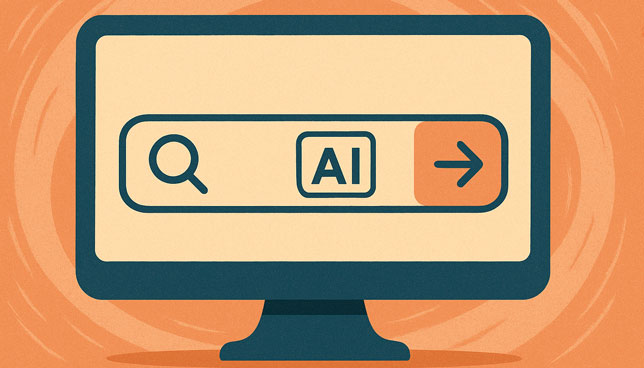
About a year after launching AI Overviews in its flagship search offering, Google has announced broad availability of AI Mode in Search.

The vast majority of today's college students — 93% — believe generative AI training should be included in degree programs, according to a recent Coursera report. What's more, 86% of students consider gen AI the most crucial technical skill for career preparation, prioritizing it above in-demand skills such as data strategy and software development.
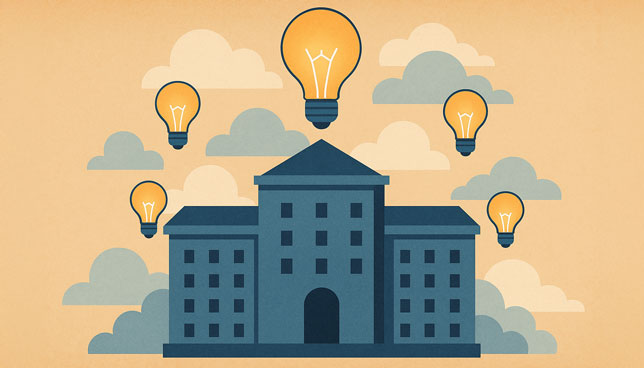
The University of Pittsburgh is teaming up with Amazon Web Services to establish a new Cloud Innovation Center focused on health sciences and sports analytics.
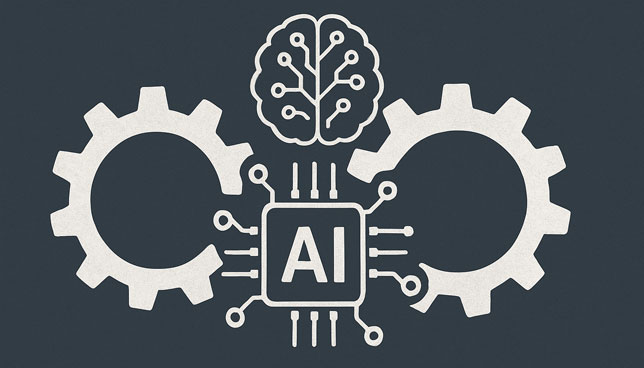
Researchers have developed a novel AI-powered approach that enables non-technical users to modify complex process models through simple conversations with chatbots.

Global IT leaders are placing bigger bets on generative artificial intelligence than cybersecurity in 2025, according to new research by Amazon Web Services (AWS).

A new threat landscape report points to new cloud vulnerabilities. According to the 2025 Global Threat Landscape Report from Fortinet, while misconfigured cloud storage buckets were once a prime vector for cybersecurity exploits, other cloud missteps are gaining focus.
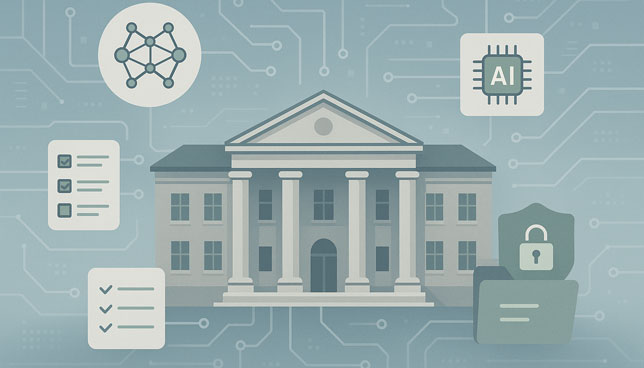
AI can generate valuable insights for higher education institutions and it can be used to enhance the teaching process itself. The caveat is that this can only be achieved when universities adopt a strategic and proactive set of data and process management policies for their use of AI.
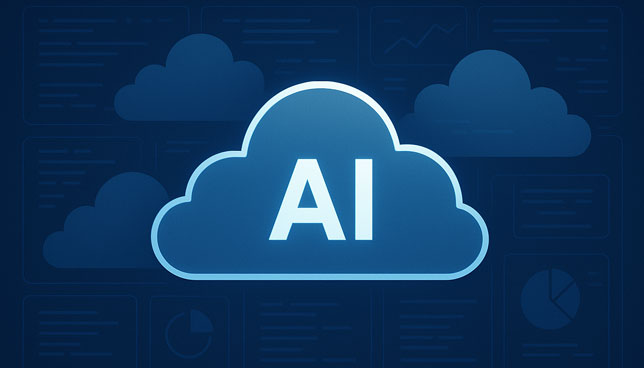
Amazon Web Services (AWS) has made a number of AI moves to maintain its position alongside fellow cloud giants Microsoft and Google.
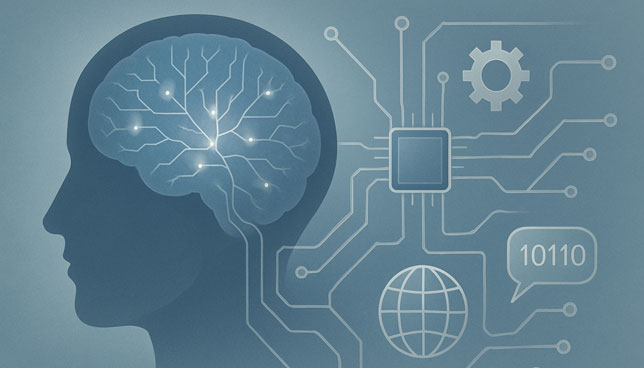
Meta Platforms has introduced a stand-alone artificial intelligence app built on its proprietary Llama 4 model, intensifying the competitive race in generative AI alongside OpenAI, Google, Anthropic, and xAI.

Learning platform Duolingo has officially declared itself "AI-first," aiming to make learning replicable, scalable, and always available.